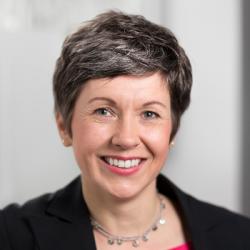
Sustainable reed and electricity for the Senegal
Heidi Schiller and her KAITO Projekt GmbH  already introduced electricity from renewable resources to the Senegal. Now they are working to establish local reed as renewable building material.

Heidi Schiller and her KAITO Projekt GmbH  already introduced electricity from renewable resources to the Senegal. Now they are working to establish local reed as renewable building material.
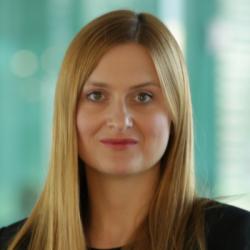
With soon to be 9 billion people on the planet, we need to establish a more sustainable economy, urges Kamila Markram. Scientists are working hard on these issues, but progress is delayed by paywalls in front of new publications.
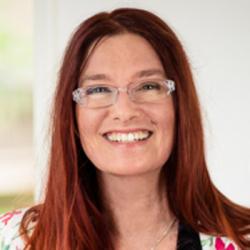
Sabine Schmidt, CEO of Xaxiraxi, offers sustainable and fashionable clothes for people with skin problems.
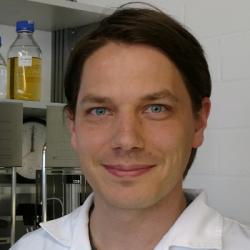
As part of the project ‘DropIn Biofuels’, Johannes Kabisch and his team of researchers are synthesising microbial hydrocarbons for use in the production of biofuels. The end product is hoped to serve as a potential future replacement for kerosene and diesel, and could thus also contribute to making air traffic more environmentally friendly.
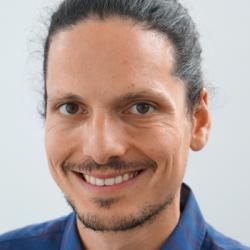
SWARM founder Christopher Zeppenfeld and his team are hoping to popularise insect-based snacks with a first fitness bar made from crickets. Their new product is set to open the market to innovative protein alternatives.
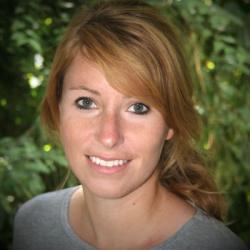
The jars of dumplings made by start-up ‘Knödelkult’ in Constance are manufactured using old and unsold bread. Managing director Janine Trappe and her team have already rescued more than 1,700 loaves of bread that were destined for the rubbish bins.
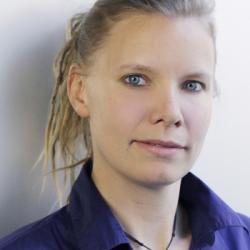
‘Plantix’ developed by Simone Strey is an award-winning app that uses images to identify plant diseases and to provide tips on countermeasures.

Peptides are multi talents but expensive to produce. The CEO of the Düsseldorf start up Numaferm aims to use a novel biotechnological method in order to provide the protein building blocks in a more cost-efficient way.
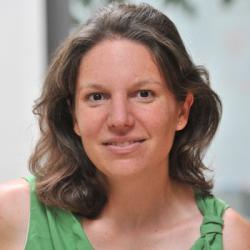
With their project “HypoWave” scientists in Frankfurt, headed by the agricultural expert Martina Winker, aim to re-purpose municipal sewage waste water for hydroponic plant breeding programmes by filtering out the nutrients while simultaneously minimising water usage in agriculture.
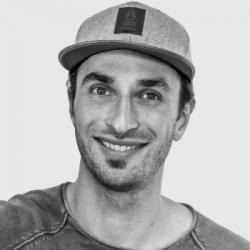
The „WoodShirts“ offered by the start-up wijld, which is headed by Timo Beelow, prove that products made of renewable resources such as wood are not just eco-friendly but also stylish and comfortable. 
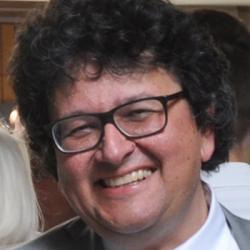
Holger Puchta is one of the first researchers worldwide to utilise the CRISPR-Cas molecular ‘scissors’ in the area of plants. For the biotechnologist at the Karlsruhe Institute of Technology, the editing tool heralds a new era of precision in plant breeding.

Thorsten Perl has the head behind the start-up Bioinspiration. Its focus is on 3D printing with bioplastics.
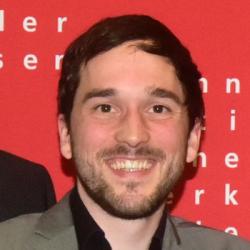
Insects as an alternative to meat: This is the business idea with which Max Krämer and his team from Bugfoundation want to make fast food in Europe more healthy and sustainable.

Chemist and Fairwindel founder Dominic Franck has found a way of manufacturing babies' nappies largely out of renewable raw materials.
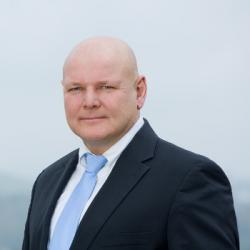
Jürgen Pfitzer is one of the founders of Tecnaro GmbH, a company that is establishing liquid wood as a renewable alternative to plastic.
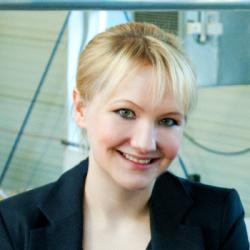
Hanover local Anke Domaske's QMilch has developed a natural fibre made from casein, a milk protein. Without any recourse to chemical processes, the qualified biologist and fashion designer spins dairy waste products to create the source material for her own fashion collection. In 2011, she founded her own company, QMilch, where she began to create clothing made from milk.